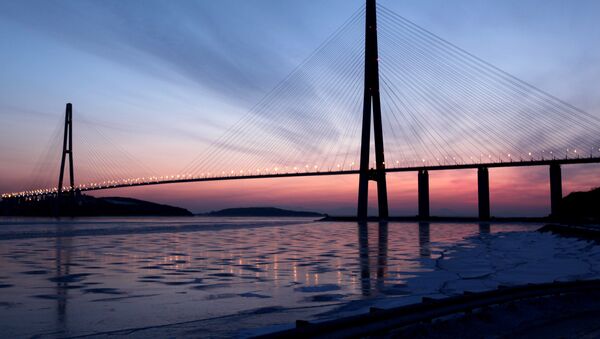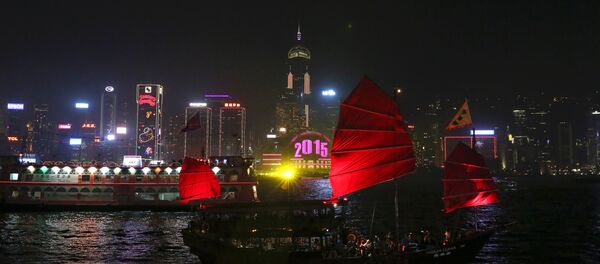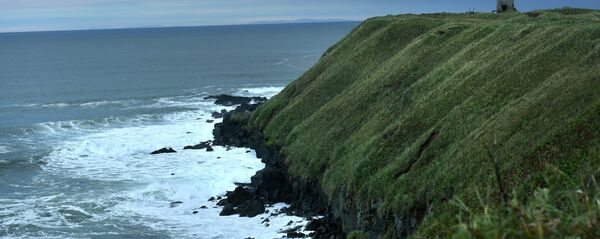Speaking to Russia's RIA Novosti and Sputnik news agencies on the sidelines of the St. Petersburg International Economic Forum last week, the minister explained that Russia was open and clear about the kinds of quality foreign investment it needs in the Far East.
"Our position is rather open and clear. We are happy to host real, quality investors. We have two requirements: compliance with Russian legislation, including environmental legislation (which is among the strictest in the world), and that Russian labor is used for no less than 80% of any project," Galushka said.
The minister noted that any exceptions to these conditions can be agreed on a case-by-case basis, "when, for example, we do not have the necessary specialists at all."
Nevertheless, he added that even in those situations, projects are accompanied by training programs for Russian workers, who are eventually meant to replace foreign laborers, and concrete timeframes must be presented by investors outlining when foreign workers can be replaced by Russian ones. After all,"we are creating a new economy in the Far East for our people – for our citizens," Galushka emphasized.
Japanese investors, for example, have contributed $16 billion to 21 projects that are presently being implemented, he explained.
Planned and active foreign investment into the Russian Far East includes major cross-border transport and energy infrastructure projects, international transport corridors, natural resource extraction and processing, agriculture, manufacturing and investment in other spheres.
Last year, the Russian government launched a program giving citizens the opportunity to claim a free hectare of land (2.5 acres) in the Far East, provided they engage in economically useful activity. As of early 2017, it was calculated that over two million Russians had shown interest in getting their own slice of land in Russia's 'frontier country'. Foreigners have also shown interest in the project, which is presently limited to Russian citizens.




